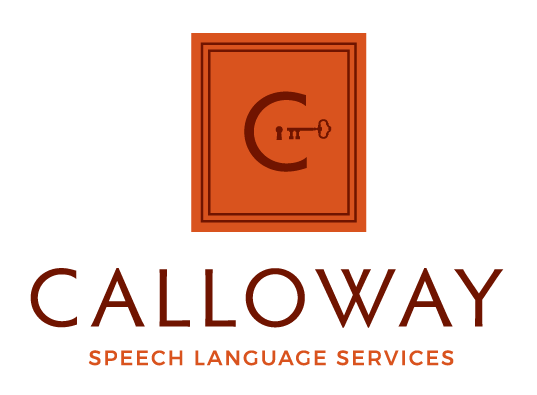For the layman, the Early Intervention Program (EIP) refers to services provided to families with children from the ages of birth-3 that are found eligible to receive therapy based on decreased developmental skills. EIP is a parent/caregiver education model and incorporates the families’ routines into therapy to help children reach developmental milestones. For the professional, those in EIP know that this program provides invaluable resources that families may not be privy to. The program helps to provide badly needed therapy services in many communities but probably most dire in inner cities where poverty levels are high and knowledge of the rehab professions (i.e. Speech, Occupational and Physical therapies) may be minimal. Outpatient therapy may not be attainable due to high caseload volumes at area facilities or long waiting lists. For some, Early Intervention is the only option, albeit a great one.
For my colleagues: Those of us who work in these communities are provided with eye-opening insight into diverse communities. Rich cultures and unique differences learned about families from Ecaduor to Bangladesh to Haiti highlight how varied America’s population truly is and the beauty of all of our cultures as they curiously intermingle in the realm that is Early Intervention. For that means using jicama or biryani for feeding therapy and Masala chai tea for me after my therapy sessions depending on who I am seeing that day.
Immigrant families make up a significant percentage of the population served in the inner cities. Some of the families have up to date documentation to be in the United States legally and some, frankly do not. For some, the question arises as to what our role as therapists and our responsibility to the families we serve? Regardless of the family’s immigration status it is our moral and ethical duty to provide services that we are obligated to. That means, as hard as it may be for some, we suspend our judgment and forget where we fall on the spectrum of opinion and treat our kids. Some ways that we can support families is to just be sounding boards because many of us don’t have answers. But for that hour that you are working with that family you can offer a sense of business as usual and a beacon of normalcy in the topsy-turvy world that they might be experiencing. And realize that working on turn-taking or increasing utterance length may not be on the parents’ “To Do” list right now.
For my families: Know that the therapists working with you and your child are vested in his/her progress. If you are concerned about opening your door, have the therapist call when she is outside. Try to maintain your child’s regular schedule or routines. And try to set aside a few minutes to work on the therapist’s suggestions, even if it is only 1 strategy you work on. Understandably you are concerned. Check out the website www.immigrationadvocates.org to find answers to the questions you may have regarding documentation and citizenship.
Differences aside, the impact of the current political climate on undocumented persons, their family, friends and the country as a whole is undeniable. We must remember that the families we serve are just that, families, human beings that at the very least want a better life for themselves and their children. Our roles as therapists frequently blur the line of support system, or trusted counselor. Often times we are the confidants, or simply the person with knowledge of America’s cultural norms and how to navigate the system who can help during a confusing time.
Naimah Calloway, M.A., CCC-SLP is a speech pathologist in Northern New Jersey. She owns the private practice Calloway Speech Language Services and has a speech blog under the name “Speech…In the Margins.” Naimah received her Master’s Degree in Speech Language Pathology from Kean University and has been practicing as an ASHA certified member since 2006. She has performed community outreach to improve education about the field of Speech Pathology and has a passion for early childhood intervention, Multicultural Issues, Autism Spectrum Disorders and Feeding Disorders.
